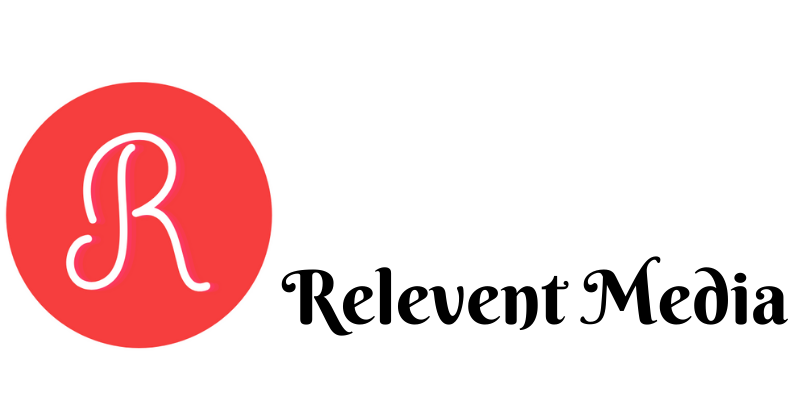First of all, I'd say starting a businessis not for everyoneI'd say, number one is have a high pain thresholdThere's a friend of mine who's got a good sayingwhich is: starting a company is like 'eating glassand staring into the abyss'Okay, that's generally what happensbecause when you first start a companythere's lot's of optimism and things are great
So happiness at first is highThen you encounter all sorts of issues,and happiness will steadily declineAnd then you'll go through a whole world of hurtAnd then eventually if you succeedand in most cases you will not succeed
And Tesla almost didn't succeed It came very close to failureThen if you succeed, then after a long timeyou will finally get back to happiness Really liking what you do, whatever area that you get intogiven that, even if you're the best of the bestthere's always a chance of failure
Successful entrepreneurs probably come in allsizes, shapes and flavoursSo I think it's important thatyou really like whatever you're doingIf you don't like it, life is too shortIf you like what you're doing, you think about iteven when you're not working,it's something that your mind is drawn to
And if you don't like it,you just really can't make it work I think Number three, I'd say is constantly seek criticismA well thought out critique of whatever you're doingis as valuable as goldAnd you should seek that from everyone you canbut particularly your friends
Usually your friends know what's wrong,but they don't want to tell you'cause they don't want to h
And you at least want to listen very carefullyto what they say And to everyone,you're looking for — basicallyyou should take the approach that, that you're wrongThat you, the entrepreneur, are wrongYour goal is to be less wrong
Some of the things I've described alreadyI think are very importantI think really,a natural human tendency is wishful thinkingSo a challenge for entrepreneurs is to say,well what's the difference betweenreally believing in your ideals and sticking to them,versus pursuing some unrealistic dreamthat doesn't actually have meritThat is a really difficult thing to tell
Can you tell the difference between those two things?For me, an obsessive naturewith respect to the quality of the product is very importantSo you need to be sort of very rigorousin your self-analysis and then just work like hell Then the final thing is,is to sort of,is don't just follow the trendSo you may have heard me say, that it's good to thinkin terms of the physics approach of first principleswhich is, rather than reasoning by analogy,you boil things down to the most fundamental truthsyou can imagine, and you reason up from there
And this is a good way to figure outif something really makes senseor if it's just what everybody else is doingIt's hard to think that way you can'tthink that way about everything It takes a lot of effortBut if you're trying to do something new,it's the best way to think
And that framework was developed by physiciststo figure out counterintuitive things like quantum mechanicsSo, it's really a powerful method
